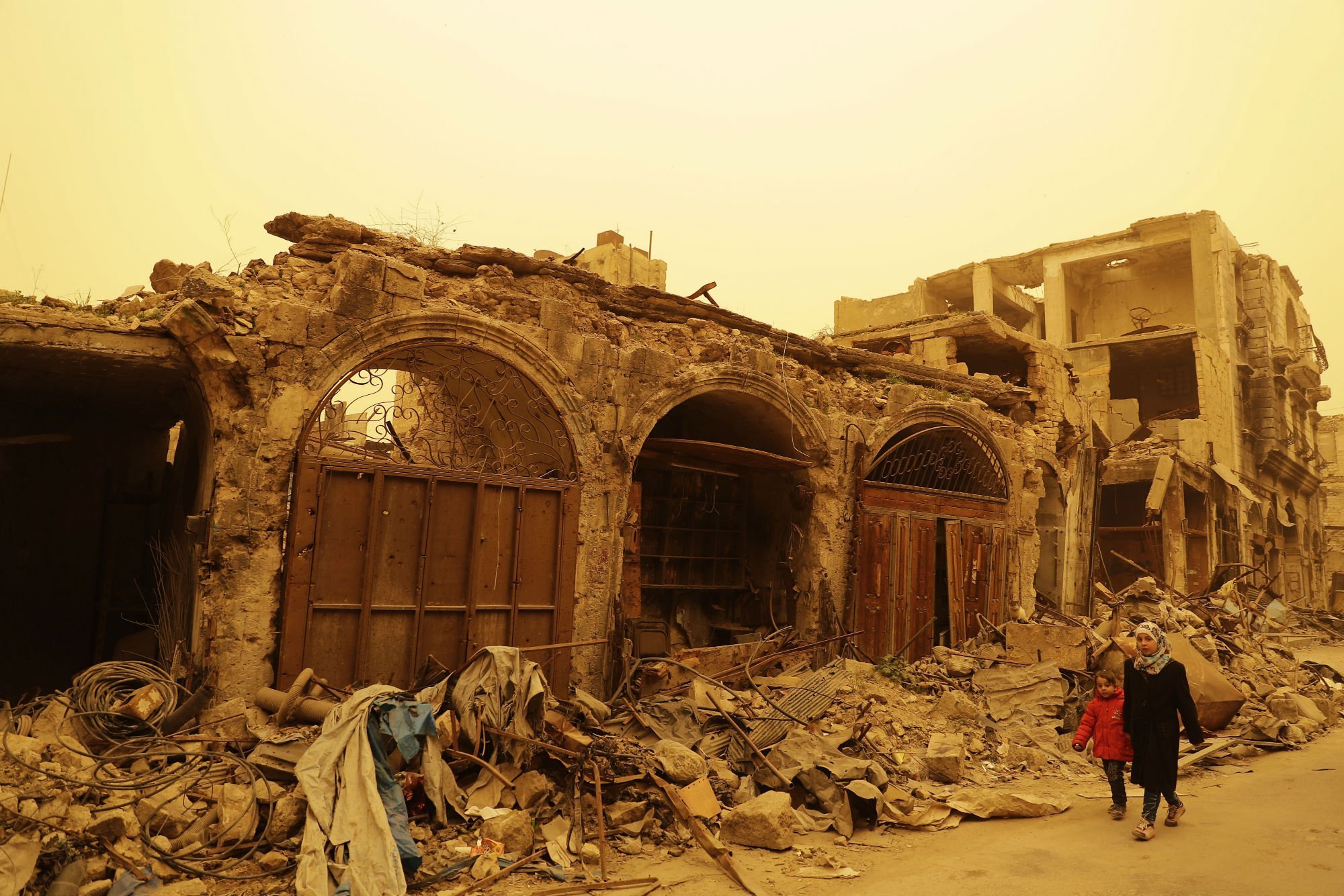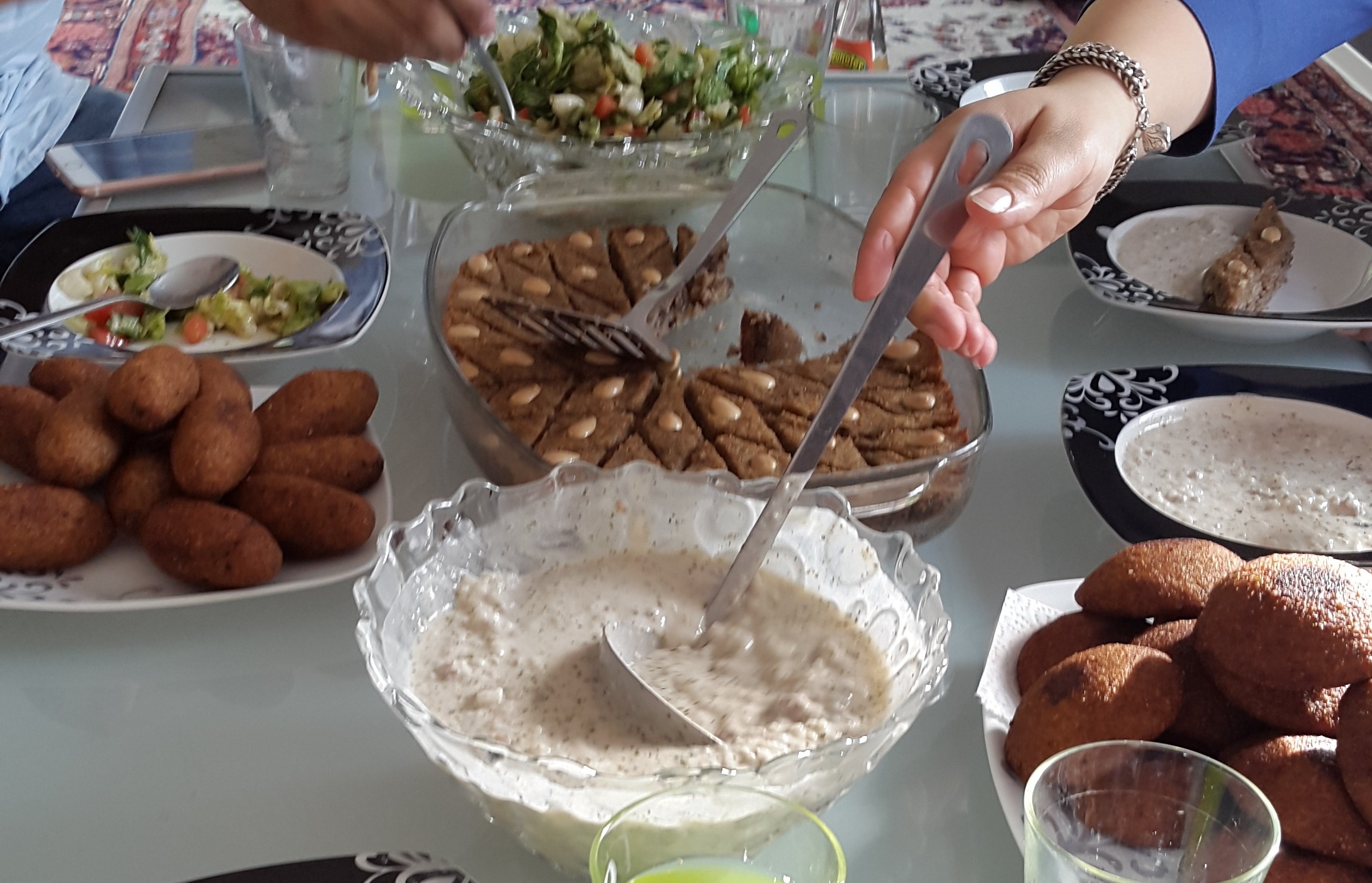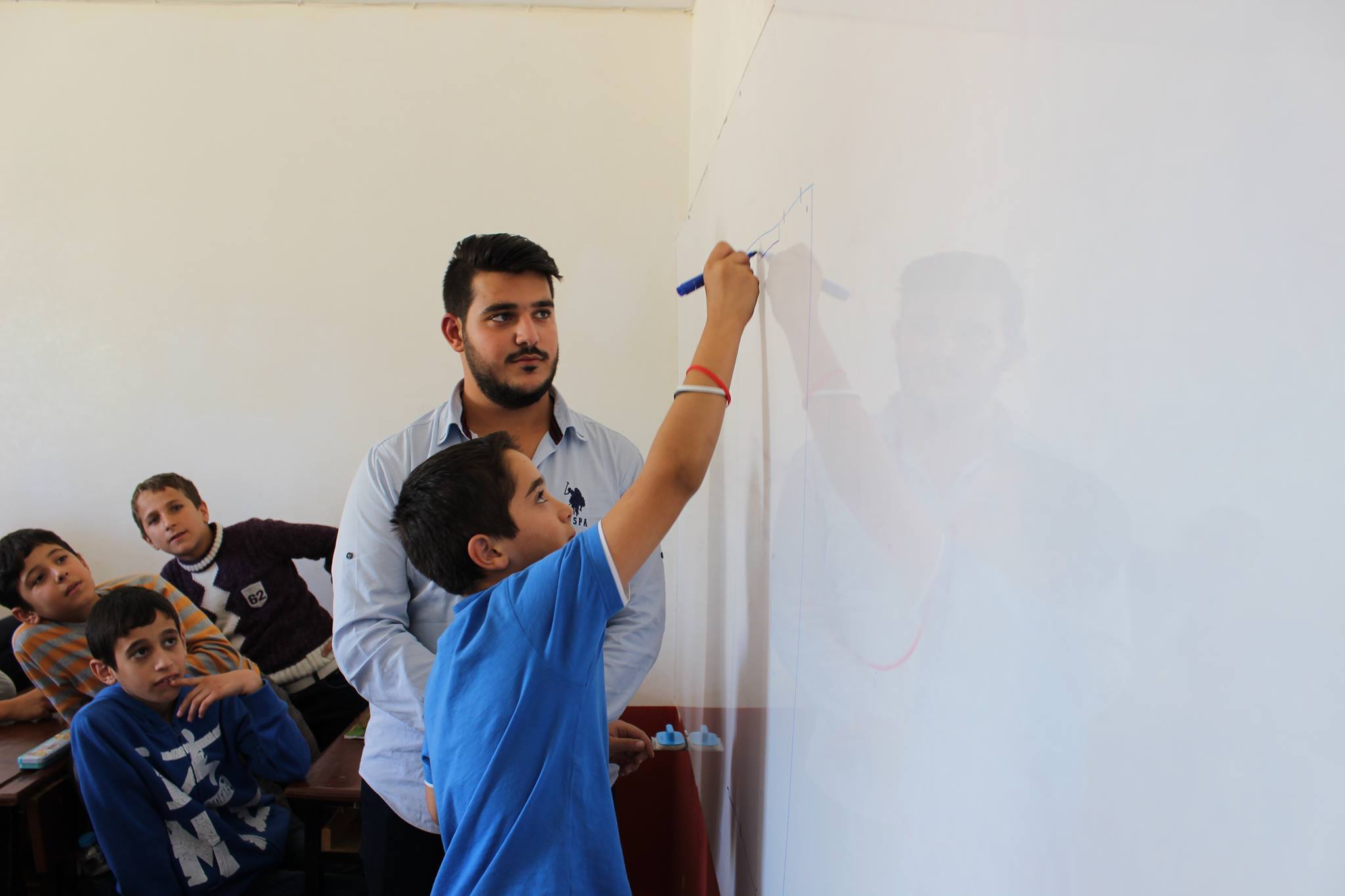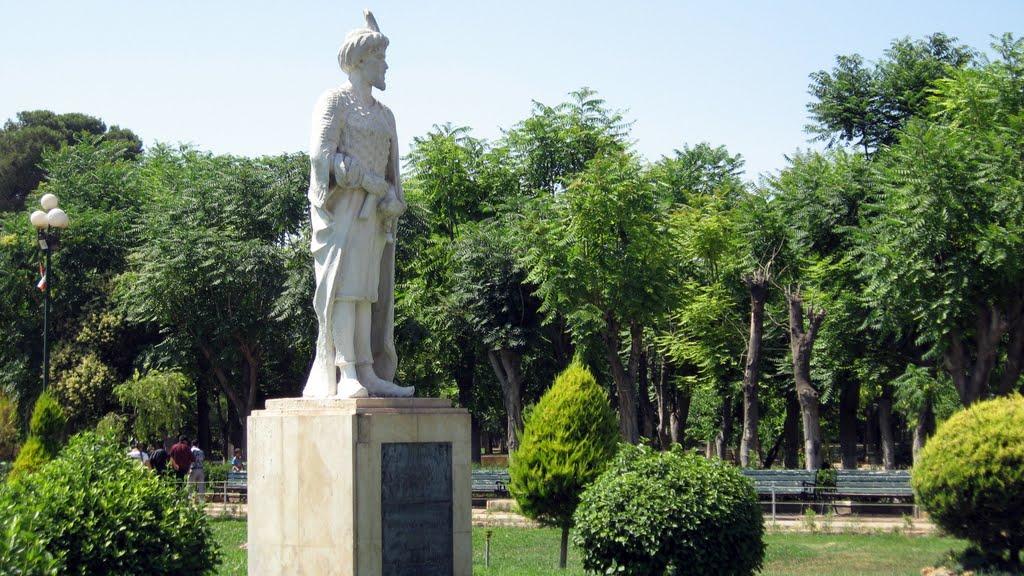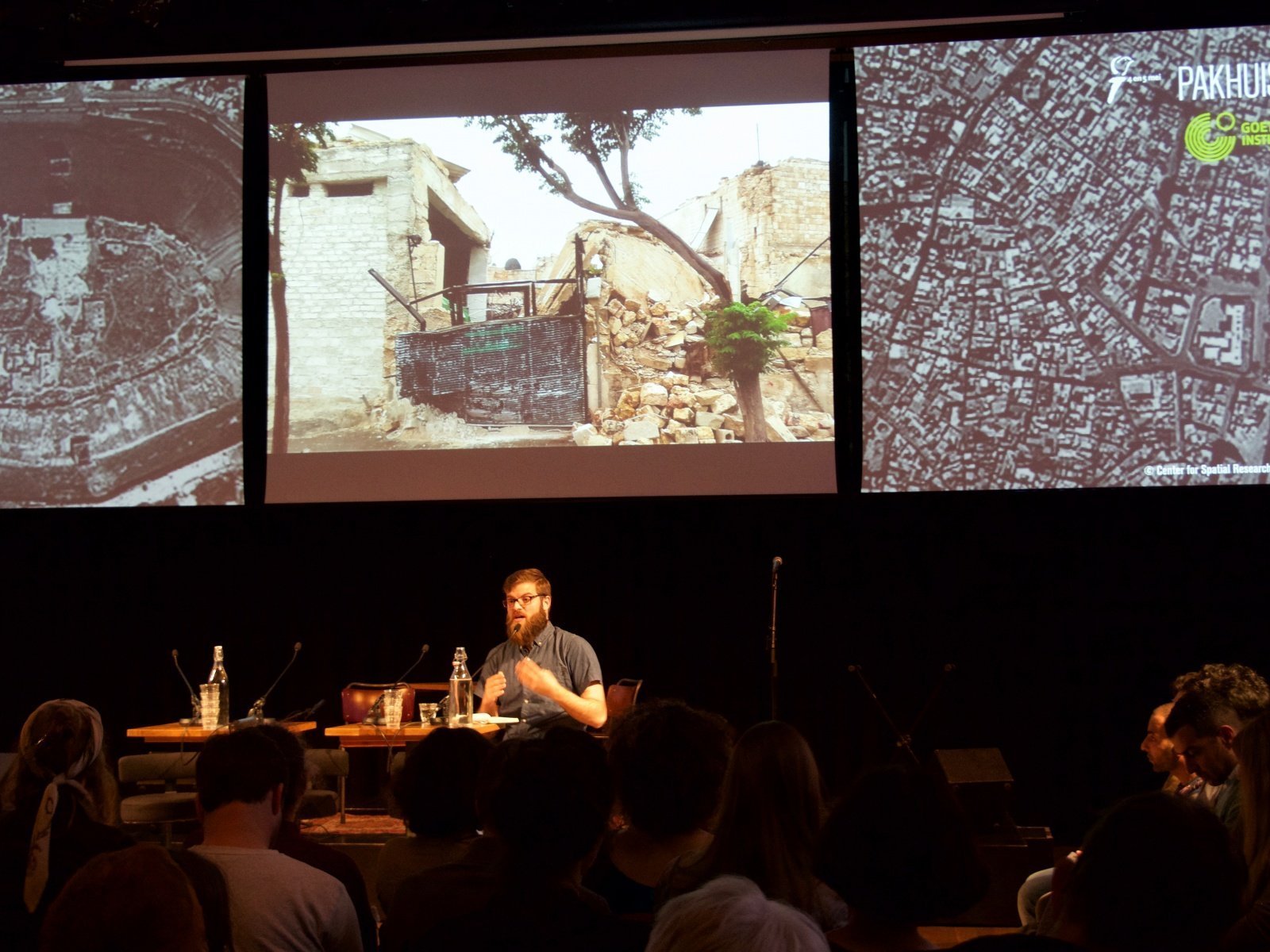Syria’s Displaced and the Obstacles to Return
The Lemkin Reunion 4th Meeting
Call for Participants
Shattuck Center, School of Public Policy, Central European University
February 18 – 19, 2017
To view in PDF, please click here.
“After three years struggling for the better Syria I dreamed of, I eventually was forced to leave with my family, psychologically bruised. I am not sure I can return to a Syria that now has worse human conditions than when we started in 2011, where the price of a word is death.”[1]
With the fall of Aleppo and other parts of the country to the Syrian regime, half the country’s population remains forcibly displaced internally or abroad. Wishes and questions about return and access to home arise. What are the conditions that could allow for return, and what are the threats and obstacles created by the Syrian regime and other actors that are preventing repatriation?
The Shattuck Center invites you to its fourth annual session. This year’s question is return. What constitutes return? Who are those who left? And how did they leave? What guarantees do they have for their safety? How has return been dealt with by the regime’s security arm?
read more The Aleppo Project
The Aleppo Project